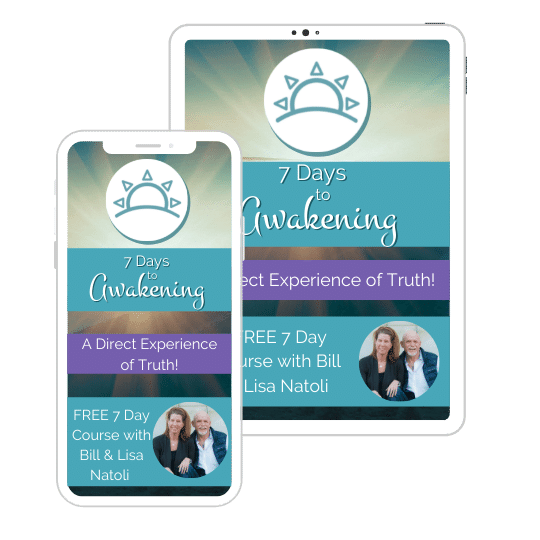On Sacrifice by Amy Haible
May 15, 2024
Lately the idea of sacrifice has come up for me in the form of a close family member. What makes the situation sticky is that for over 50 years this person, my sister, has blamed nearly everyone but herself for her troubles. First it was our father. When he died, she shifted her focus to our mother. When our mother died, another sibling became the problem.
Over the years my sister’s refusal to perceive anything but her own woundedness made me pull back. But when we got a call from the County Hospital, informing us that she had been admitted for psychiatric care, it was impossible to ignore. Family and close friends quickly came to her aide. Everyone was called to sacrifice their own personal and family time — even planned vacations — to help. This help has been going on for weeks in the form of daily Zoom calls and meetings to arrange for long-term care. It has caused sleepless nights and anxious days for all of us.
This is how the question of sacrifice arose for me. As everyone seemed to be screaming, “The house is on fire!” (and even as I found myself joining in the bucket brigade), I knew this was a situation ripe for self-inquiry. Self-inquiry included such questions as, “Who is suffering?” “Who feels the pressure to alleviate it?” “When does helping become a form of sacrifice?” “Who sacrifices?” “Is sacrifice true?”
A Course in Miracles teaches that sacrifice is a notion totally unknown to God. I understand this intellectually. How could the eternal, unlimited and absolute know loss of any kind? What could the unlimited give to itself it does not already have? No, sacrifice is a human invention. And if you are willing to sacrifice yourself, rest assured, you will be willing to demand it of others. Sacrifice is a double-edged sword.
We seem to live in a world where sacrifice for suffering is required. One group has to sacrifice its territory so another can live. Individual freedoms must be sacrificed so the community can be safe. Knowledge and truth are sacrificed so others don’t feel burdened by the pain of too much information. Love is sacrificed on the altar of revenge.
But what if we inquired more deeply into the contradiction of suffering and sacrifice? What if we could see clearly that the idea of sacrifice is itself a misperception? Sacrifice requires someone to be a victim of selflessness, and victimhood is its own justification for attack. Is it possible to leave some requests unanswered and not impose guilt on oneself or others? As I approach my own personal challenges around suffering and sacrifice, I try to remain mindful that sacrifice is never benign. It requires two people to be victims for each other.
Those of us who have chosen the non-dual path know there is really is no self who suffers. This is the greatest gift, the most holy understanding. Still, suffering seems to track us down and demand we pay attention to it. This is when I go back to A Course, and remember that sacrifice is a form of level confusion. However real sacrifice might seem at this level, it is never the final truth. I am also free to deny (without guilt) any request to sacrifice. Indeed, the idea itself should be transcended, for sacrifice is untrue at all levels.
So, dear reader, I will end this short essay on the subject with some advice from Rupert Spira, who learnt it from St. Augustine, who probably got it from someone else, maybe even his own mother: Love, above all, and then do what you want. Love above all, then choose freely.
Amy is the author of "Training Wheels: An Experienced Guide To the Lessons Of A Course In Miracles" and leads the "Advaita in ACIM" weekly community gatherings in Evolve.


